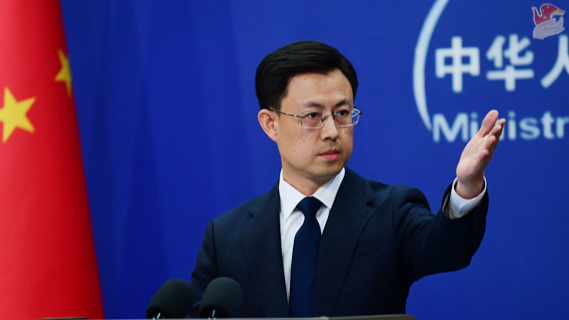The 2024 Beijing Forum on Swift Response to Public Complaints has officially kicked off in the bustling capital, centering on the theme \"Modernizing for People-Centered Urban Governance.\" This initiative builds on Beijing's commitment to enhancing public service through the 12345 hotline, which was launched in January 2019.
With a population exceeding 21 million, Beijing has seen remarkable improvements in addressing citizen concerns. According to Shen Binhua, director of the Beijing Municipal Administrative Service and Data Management Bureau, the hotline has handled 150 million appeals over the past six years. The resolution rate has soared from 53% to an impressive 97%, while citizen satisfaction has jumped from 65% to 97.3%.
Li Wenzhao, deputy head of the Capital Development and Governance Institute of Renmin University of China, emphasized that the core of the \"swift response to public complaints\" is a people-centered philosophy. This approach ensures that government departments respond swiftly, handle appeals efficiently, and provide timely feedback.
A compelling example of this reform in action is the story of Ma Shujie, a retired teacher who sought assistance through the 12345 hotline to find a suitable nursing home for her elderly mother-in-law. The hotline's efficient response led to the establishment of over 1,000 community-based eldercare stations, ensuring Ma's mother-in-law found a nearby facility promptly.
Data-driven governance plays a pivotal role in this system. Beijing has built a comprehensive database from the 150 million appeals received, allowing for the identification of key pain points and governance obstacles. Feng Yingyi, deputy director of the Beijing 12345 Citizen Hotline Service Center, noted that over the past four years, more than 60 issues have been managed under special programs, leading to the completion of over 1,800 tasks and the introduction of 400+ policies to address both symptoms and root causes.
One significant initiative is the installation of elevators in older residential buildings, responding to numerous complaints from elderly residents. This year, Beijing launched a service platform to expedite elevator installations, greatly improving accessibility for seniors like Chen, an 80-year-old resident of Haidian District.
Technological advancements, including the integration of artificial intelligence, have further refined the hotline services. Multilingual support and real-time translation capabilities have made the hotline more accessible to international visitors, aligning with China's expanding visa-free policies and increasing global engagement.
Experts agree that the \"swift response to public complaints\" not only enhances government efficiency but also fosters a more responsive and transparent governance system. Li Xiaozhuang of the Beijing Academy of Social Sciences highlighted that the reform has expanded channels for residents to voice their concerns, facilitating direct communication between the municipal government and the people.
Professor Meng Tianguang from Tsinghua University's School of Social Sciences remarked that the data insights gained from the hotline are invaluable for informed decision-making at the highest levels, underscoring the importance of science-based governance.
As Beijing continues to innovate in urban governance, the 12345 hotline stands as a testament to the city's dedication to serving its residents and adapting to their evolving needs.
Reference(s):
'Swift Response to Public Complaints' promotes grassroots governance
cgtn.com




